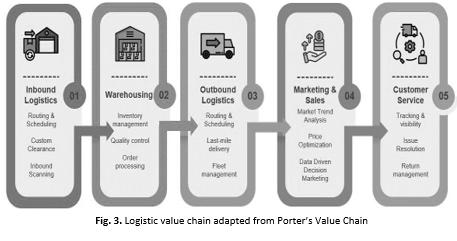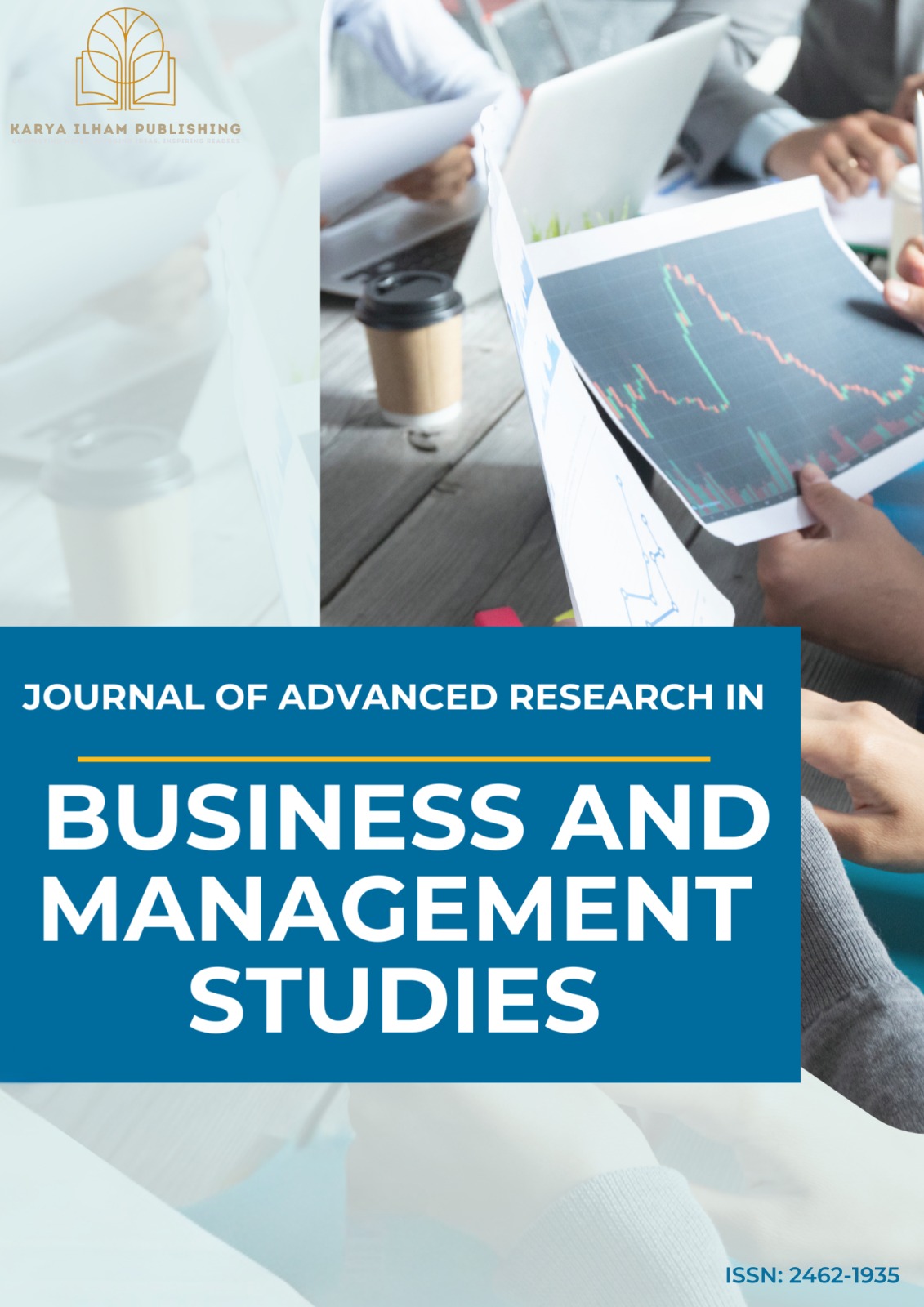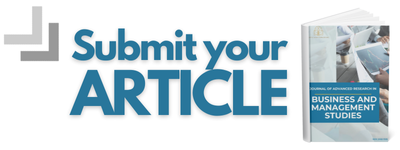Leveraging Artificial Intelligence to Enhance Strategic Information Systems: A Competitive Edge for the Logistics Industry
DOI:
https://doi.org/10.37934/arbms.40.1.7282Keywords:
Artificial Intelligence (AI), competitive advantage, Strategic Information Systems (SIS), logisticsAbstract
Artificial Intelligence (AI) is revolutionizing how strategic information systems (SIS) operate across industries by offering organizations new ways to gain a sustainable competitive advantage. This paper examines the integration of AI technologies such as machine learning, robotics, natural language processing (NLP), and predictive analytics into the logistics sector’s SIS. The study identifies specific applications of AI within primary logistics activities, including inbound and outbound logistics, warehousing, marketing and sales, and customer service by using Porter’s Value Chain framework. The paper adopts a thematic analysis approach based on a systematic literature review of 25 studies, revealing how AI enhances operational efficiency, cost reduction, and customer satisfaction. Findings indicate that AI enables superior delivery standards, optimized pricing, and smarter inventory and fleet management. The paper also highlights critical challenges such as ethical risks, data security, and system integration. Recommendations include implementing AI governance frameworks, ensuring GDPR compliance, and adopting phased integration strategies with expert support. This study offers practical and theoretical insights into the role of AI in strategic systems and emphasizes the importance of innovation balanced with risk management to gain a competitive edge in logistics.

















